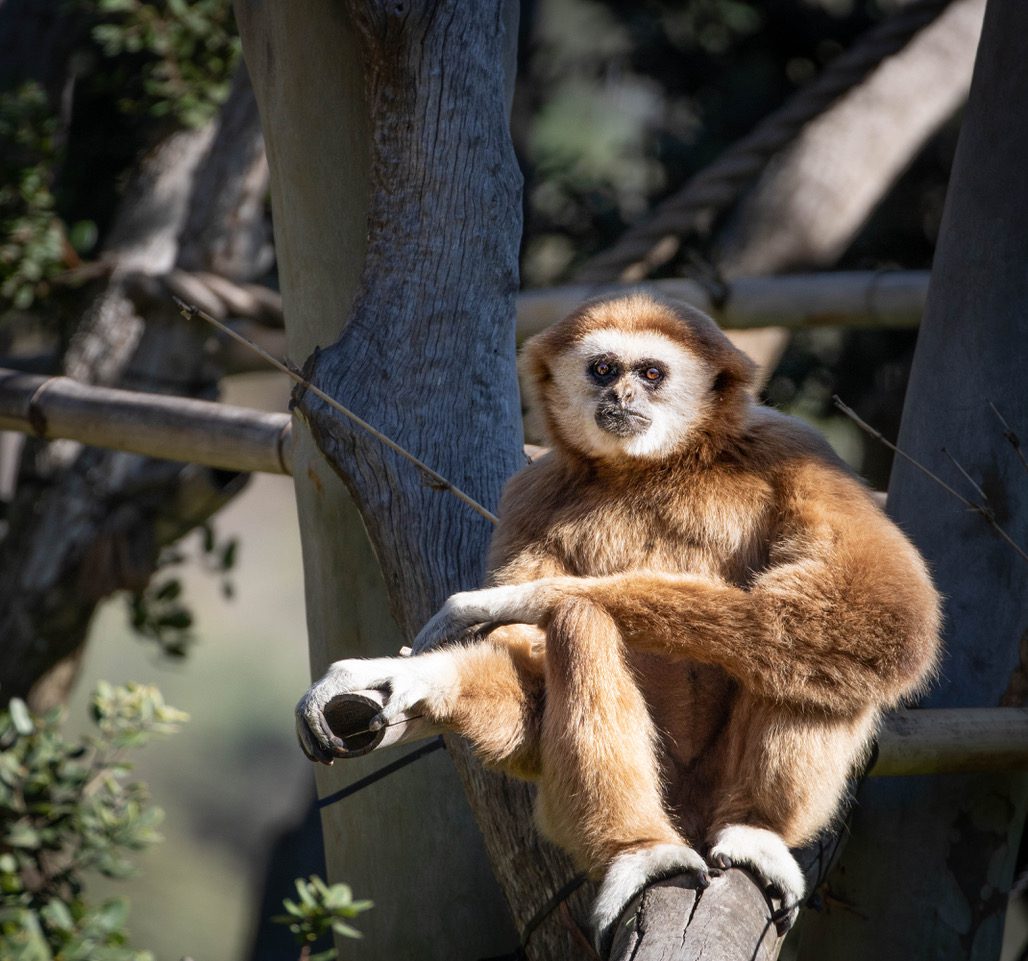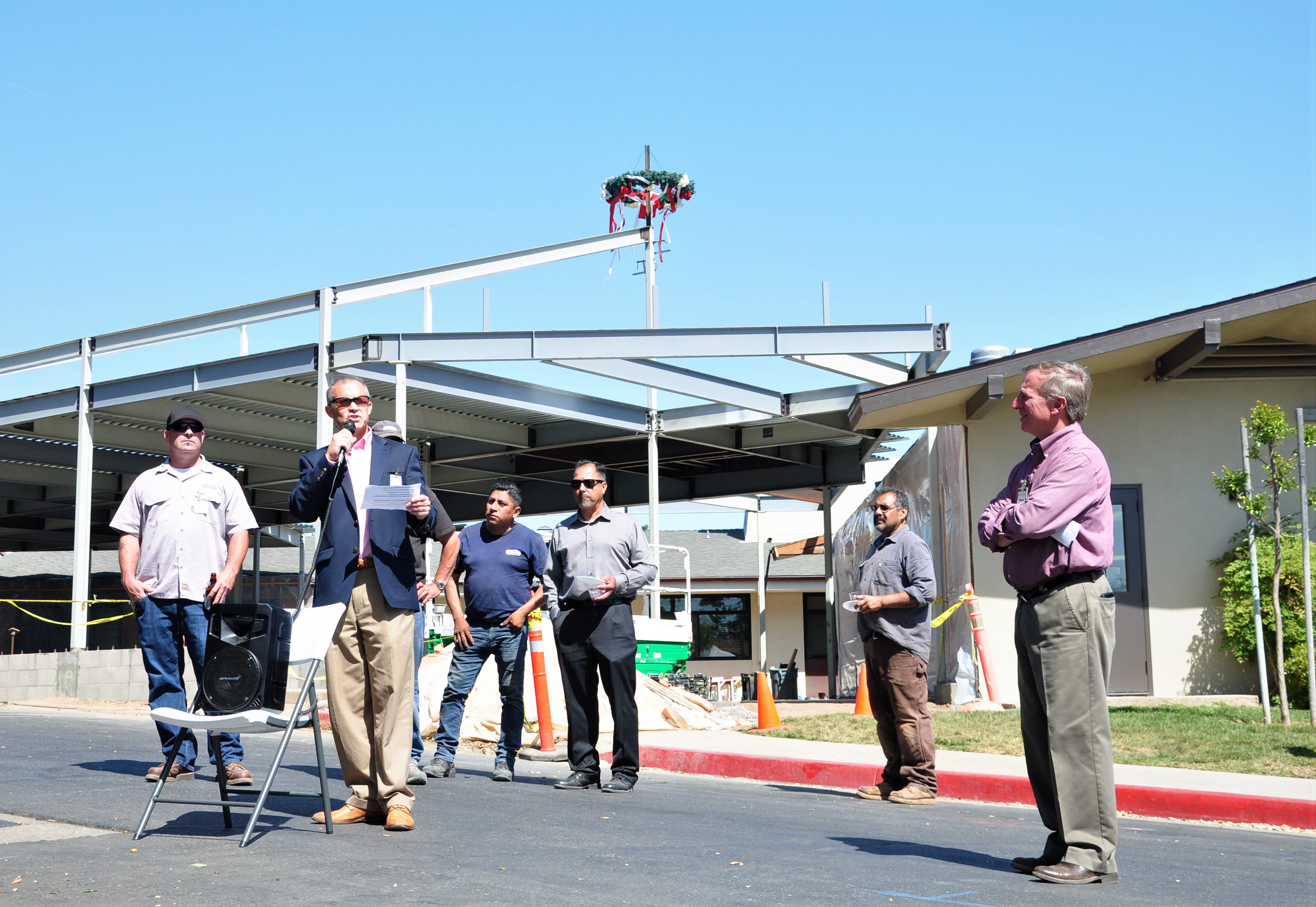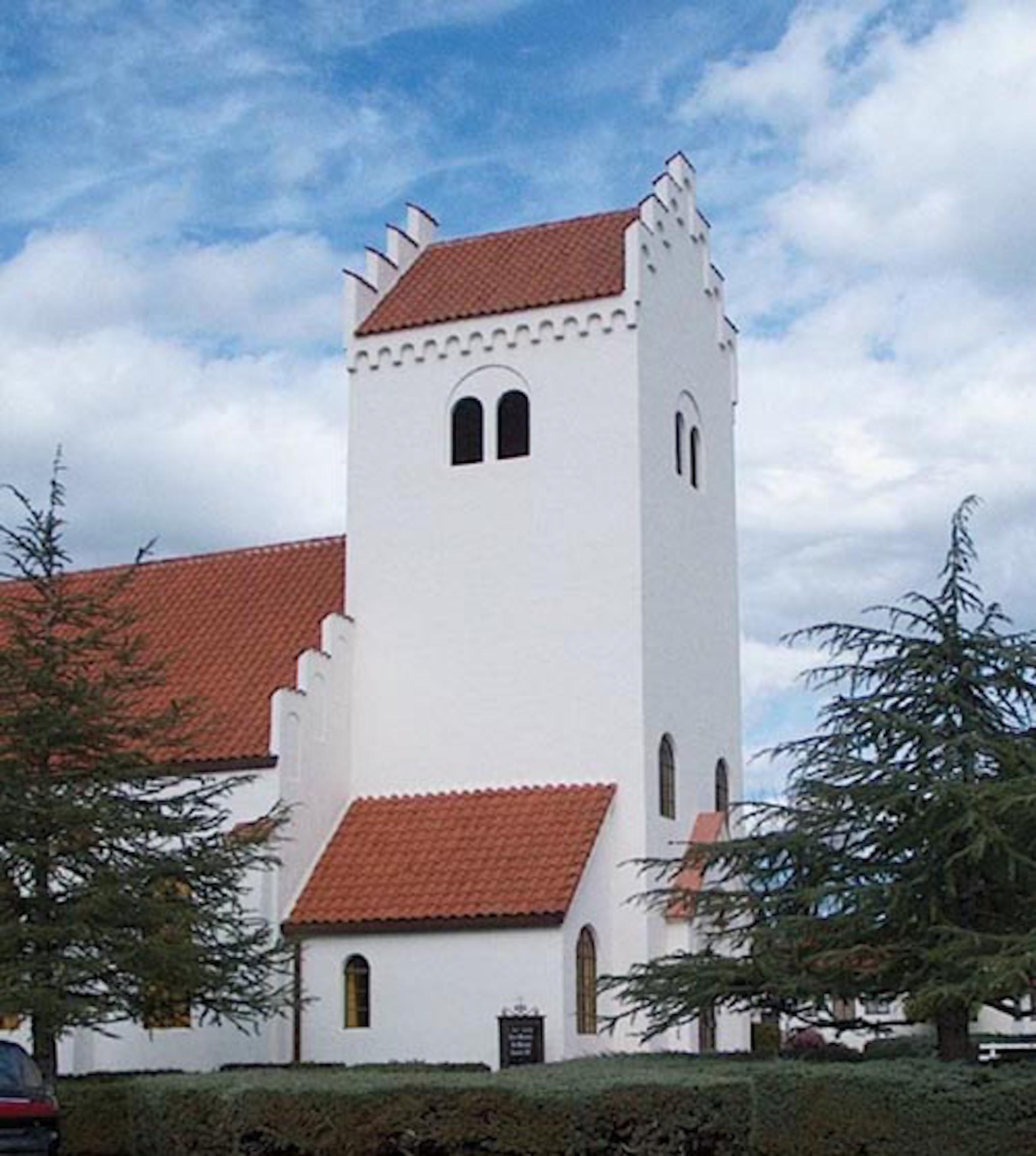Staff Report
The Santa Barbara Zoo has welcomed Bono, a 37-year-old, male, white-handed gibbon, from the Sequoia Park Zoo, where he had lived since 1984.
Bono will be a companion to the zoo’s elderly female gibbon Jasmine, who just turned 42. Both Jasmine and Bono recently lost their companions, and they were matched by the Association of Zoos and Aquariums (AZA), which collectively manages species in their accredited zoos.
“Gibbons are social creatures and live in lifelong monogamous pairs,” said Dr. Julie Barnes, the zoo’s Vice President of Animal Care and Health. “We have been looking for a companion for Jasmine since her elderly male mate Gulliver passed away in 2016. After losing her younger companion, Jari, last year, we’re hopeful Bono will be a wonderful match. We look forward to Jasmine and Bono living out their golden years here with us at the Santa Barbara Zoo”
Bono, whose parents were named Sonny and Cher, was born at Yerkes Primate Lab at Emory University in Atlanta, Georgia, and moved to the Sequoia Park Zoo at the age of two, to pair with Joh-leen, a young female gibbon at the time. Bono and Joh-leen shared their exhibit and lives together for 35 years, until last August when Joh-leen died after many months of illness and treatment.
Jasmine arrived at the zoo in 1979. She is an extremely long-lived gibbon at age 42, and has been diabetic for the last three years. Her diabetes is managed with oral medication and dietary management. “Since Bono arrived, Jasmine’s been exhibiting positive behaviors I’ve never seen before in the 15 years I’ve worked with her. We are happy to see her so engaged,” said Senior Keeper Heather Leith.
The white-handed gibbon is native to Thailand, the Malaysian peninsula and north Sumatra. They spend their entire lives in the tall trees of tropical rainforests. They eat fruit, young leaves, and a few invertebrates, depending on availability, and show a preference for fleshy, sugary fruit and figs. Gibbons define their territory by loud singing and spectacular gymnastics. Destruction of the rainforests and poaching are the primary threats to their survival.
For more information about the zoo, visit www.sbzoo.org.







